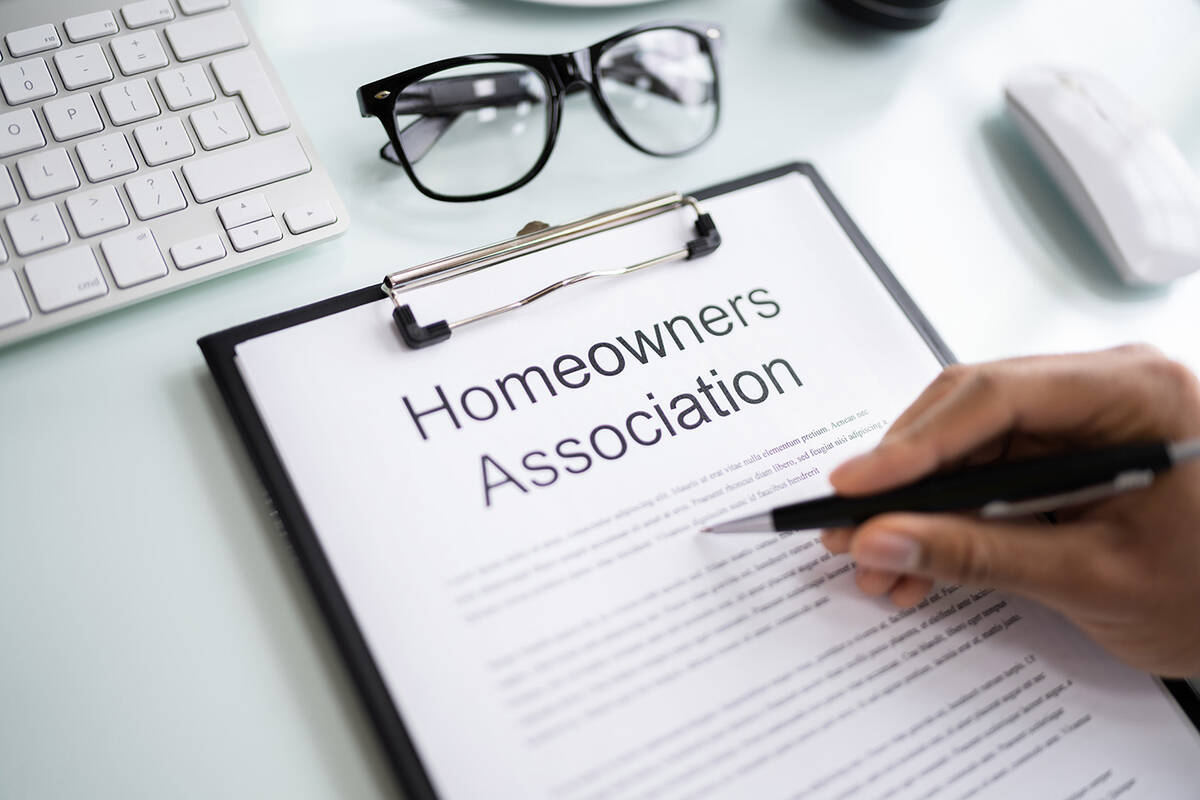HOA needs to find a way to maintain elevators in condo community
Q: I do enjoy reading your weekly column. I live in a condominium complex that was built around 1984. There are three separate sections or buildings, with each having three stories and its own elevators to access each floor. The units are also accessible by outside stairs and walkways.
The elevators have become a great expense to the association because of their age. They also get vandalized a lot. Our current management company has recommended closing off the elevators. The repair costs and actual replacement of each elevator can be exorbitant.
We have wheelchair-bound and elderly residents who rely on the elevators. My concern is that if we close the elevators, would we be noncompliant with the Americans with Disabilities Act?
Is budgeting for elevator replacement something that needs to be in the future of the association? I look forward to your response.
A: What happened to your reserves? Elevators would be covered under a reserve study, allowing the association to fund for their replacement and or repair. Your association should have been funding this expenditure since 1984.
You are absolutely correct. You cannot terminate elevator service in a three-story building. Your association would be in violation of the disability section in the Fair Housing Law. (ADA would not apply). The last thing that you want is a Fair Housing lawsuit.
Your board needs to have a thorough inspection of the elevators to determine what needs to be done, repairs or replacements. There is more than one elevator company from which to obtain proposals. Some of the companies may have a payment plan.
If there is not enough money in the reserves, your board may need to have a special reserve assessment. The association could consider a loan with a lending institution. In any event, closing down the elevators is not the solution.
Q: Thank you for your many years of educating homeowners, homeowners associations directors and managers and others through your columns.
My question concerns the interpretation of portions of Nevada Revised Statutes 116.31083 as they refer to recordings of public executive-board meetings.
A welcome development since the advent of COVID-19, my large HOA provides an opportunity for members to remotely view live video broadcasts of our monthly (non-executive-session) executive board meetings.
The statute allows members, upon giving proper notice of their intention, to make “audio” recordings of such meetings, but I’m sure this NRS section was written well before most people contemplated the wide availability of video recordings, which include the audio tracks.
So, if I record such a video broadcast of an HOA board meeting, I get both the audio and the video.
I believe I can acquire software that strips audio tracks out of video recordings, but should I be expected to do that in order to comply with NRS 116? And, just as importantly, do you think this section of NRS 116 should be updated to reference video recordings in the next legislative session?
Thank you. I hope this question is of wide enough interest to merit your attention.
A: I am not sure of the support that you would have from association board members, community managers and management companies. We already have seen where homeowners have unknowingly posted videos of board meetings on social media, such as Facebook, which has caused multiple problems.
The problem with videos is that they can be altered. You may have objections from board members and even homeowners during the homeowner forum who do not want to be in the video.
Barbara Holland is an author and educator on real estate management. Questions may be sent to holland744o@gmail.com.

















